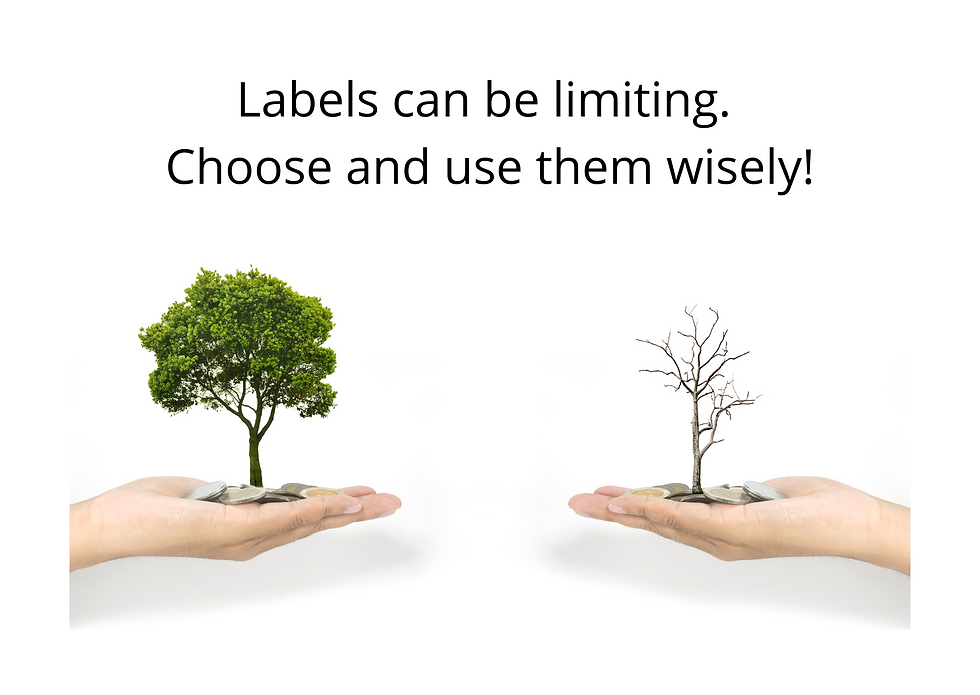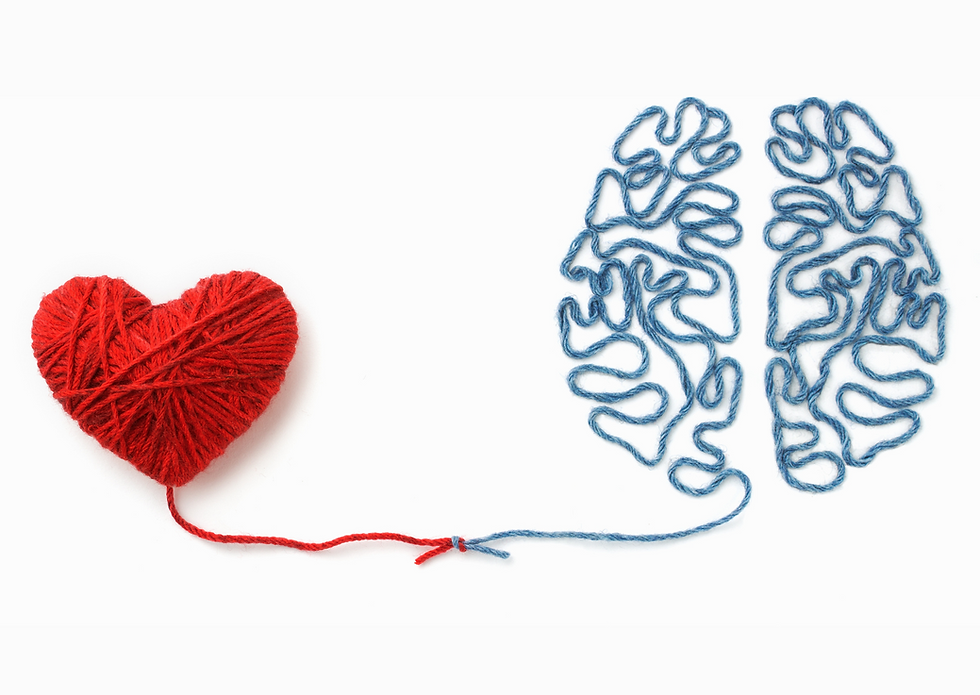Pause for thought – a daily practice for lasting change and contentment
- Mary Ely

- Jul 29, 2022
- 6 min read

Why? How does pausing for thought daily lead to lasting change and contentment?
How long a pause? What’s the process?
What to think about and when?
Let’s start with
Why does pausing for thought daily lead to lasting change?

Creating any lasting personal change relies on embedding a new way of thinking, as that impacts how we feel and what we do or say which in turn has an impact on what happens and the results we get.
So to change and embed a new way of thinking, feeling or behaving, you generally need to
Uncover the automatic thinking and subsequent feeling and behaviour that you need to change.
Notice and interrupt it when it happens.
Choose to go with your new way of thinking, feeling and behaving, and
Build in review-repeat cycles to
Check how you’re doing with that,
Make any adjustments you need to make and
Embed the new way by doing it enough times that it becomes your new automatic process.
And you need to figure out HOW you’re going to do that.
Pausing for thought daily gives you time for you to figure that out and do the review part of the process.
Why does pausing for thought daily lead to contentment

You’re more likely to have a good day if you think about it first
Thinking about and learning from what’s happened in the day means
You can avoid holding on to negative emotions and any negative self-talk about what happened during the day. This prevents a build-up of negativity over time, which can impact how you generally feel and how you tackle new situations.
You’ll discover more options for dealing with similar situations better in the future.
Your mind is more likely to leave you in peace so you can enjoy your leisure time and a good night’s sleep without being interrupted by thoughts about today, tomorrow or the rest of your future.
You create the opportunity to uncover and acknowledge the good stuff about you, your day and your life which can easily go unnoticed and unacknowledged if you don’t create the space to think about it. And noticing how you cope with challenges today will help build confidence in your ability to cope when faced with future challenges.
…which together will lead to you being more mentally fit and feeling more content about your life, more often.
How long a pause? What’s the process?

Pausing doesn’t have to take very long at all.
Give yourself 5 uninterrupted quiet minutes in the morning and later in the day to start with and see how you get on.
When you provide the space to think, your brain works fast.
Faster than you can write, but the act of writing has the advantage of putting some distance between you and your thoughts which can help you look at them (and what’s going on in your life) more objectively.
That can make it easier to
Recognise and acknowledge the good stuff (which can easily go un-noticed otherwise), and
Find options and solutions and make decisions about actions (which might include ‘do nothing' of course).
Some people like to have a specific paper-based journal for holding all of their reflections and thoughts.
I tend to use a mix of a digital planner/journal on my ipad for my daily reflections as well as a mind mapping application, scraps of paper and sticky notes for brainstorming and lists. And sometimes I’ll use my favourite speech-to-text app otter.ai to capture my thoughts in text as I say them out loud.
Whether you write, dictate, just think or do a combination of all of them is a personal thing and will probably depend on what you’re going to think about and how you’re feeling at the time.
So just experiment and find what works for you at the time.
What to think about and when?
First thing in the morning

Pausing for thought in the morning sets you up for a good day.
My day starts with a cup of tea in bed which is the perfect time for me. Before my feet hit the floor and my day begins in earnest.
Where could you build in a pause first thing in your morning?
Things to think about
Here are some suggestions. Which work for you? Rephrase them as you wish and then write them down as a prompt for each morning pause.
What are 3 things that you’re either grateful for, happy about, excited about or looking forward to in your day? (Small is as good as big) – get your mind focusing on the positive.
What’s your intention or overall goal for today?
What might you experiment with today?
What do you commit to practising/doing?
What would you like to achieve and how will you do that? Prioritise your top 3 things.
What can you focus on to motivate you?
What will you do to make today a good day (even if your situation is difficult)?
Later in the day

Pausing for thought later in the day allows you to
Learn from your day
Close out the day for uninterrupted leisure time and better sleep
Find a time or times that work for you
This might be
At the end of your working day
This is an excellent time to reflect on how your day has been so far and close out the working part of your day. This will mean you can move into your leisure time without taking work with you.
and/or
Before you go to bed
Reflect on your day as a whole and close it out so you can get a good night’s sleep.
Resolve all the things that would otherwise wake you up or keep you awake in the middle of the night.
Things to think about
For personal changes you’re working on
Did you manage to notice and interrupt your thinking today?
Did you successfully choose your new way of thinking, feeling and behaving?
What worked specifically? How will you make sure you do that again?
What will you experiment with next?
Celebrate your successes, however small.
And more generally…
What went well today?
Look for everything, both big and small.
What are you happy about, proud of etc
What challenges did you overcome today?
Register the good stuff.
Give yourself a ‘pat on the back’ for all of it and take a bit of time to revel in those good feelings from your day.
What can you learn from what went well?
Is there something you did that meant you got a good result today?
How will you remember to do the same the next time something similar happens?
What didn’t turn out so well today?
What didn’t go so well? What didn’t turn out as you had hoped, expected or planned? What things made you feel bad in some way?
The objective here is to get to a resolution so you can feel ok about anything that’s happened today.
Deal with what happened today in your head, even if any action you decide to take is planned for another day.

The first thing to do is to remind yourself that
You’re human and you live in a world with other humans, which means that however hard you try, you’re not going to get things ‘right’ all of the time
You’re always making choices that feel ‘right’ for you at the time, even if they don’t feel like it later (as explained in this blog)
And if you’re still feeling bad, take some time to look at what happened objectively, as if you were looking at it happening to someone else
What sort of bad did it make you feel?
What was it that made you feel bad?
What’s that bad feeling called?
And then
If you’re feeling overwhelmed, have a look at the process in this blog first
Follow my 5-step process for dealing with negative emotions, and if you want some ideas to help you feel better, you could experiment with my core learning that helps me get rid of most negative emotions most of the time and the things that help me specifically with, Anger and Hurt, Sadness, Fear and Anxiety and Guilt.
Whatever you do, aim to get to the point where you feel OK about your day.
And if you find that something is still festering after a few days and a few attempts to resolve it on your own then I recommend you book a session with a coach. A coach can help you get a different perspective so you can learn what you need to learn, let it go and move on.
so there you have it...
If you want to change,
If you want to be more content,
Pause for thought daily
And if you’d like to explore coaching with me, you can click here to book a free call.
And if you'd like to try out my monthly emails that provide a roundup of my blogs as well as other insights, you can sign up here.






Comments